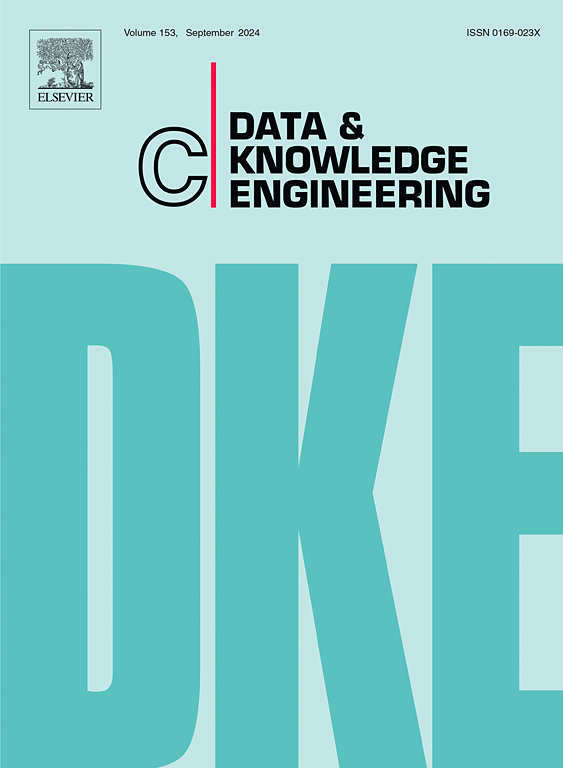A conceptual model for attributions in event-centric knowledge graphs
IF 2.7
3区 计算机科学
Q3 COMPUTER SCIENCE, ARTIFICIAL INTELLIGENCE
引用次数: 0
Abstract
The use of narratives as a means of fusing information from knowledge graphs (KGs) into a coherent line of argumentation has been the subject of recent investigation. Narratives are especially useful in event-centric knowledge graphs in that they provide a means to connect different real-world events and categorize them by well-known narrations. However, specifically for controversial events, a problem in information fusion arises, namely, multiple viewpoints regarding the validity of certain event aspects, e.g., regarding the role a participant takes in an event, may exist. Expressing those viewpoints in KGs is challenging because disputed information provided by different viewpoints may introduce inconsistencies. Hence, most KGs only feature a single view on the contained information, hampering the effectiveness of narrative information access. This paper is an extension of our original work and introduces attributions, i.e., parameterized predicates that allow for the representation of facts that are only valid in a specific viewpoint. For this, we develop a conceptual model that allows for the representation of viewpoint-dependent information. As an extension, we enhance the model by a conception of viewpoint-compatibility. Based on this, we deepen our original deliberations on the model’s effects on information fusion and provide additional grounding in the literature.
以事件为中心的知识图中属性的概念模型
使用叙述作为一种将知识图(KGs)中的信息融合成连贯的论证线的手段,一直是最近研究的主题。叙述在以事件为中心的知识图谱中特别有用,因为它们提供了一种连接不同现实世界事件的方法,并根据众所周知的叙述对它们进行分类。然而,特别是对于有争议的事件,信息融合中出现了一个问题,即可能存在关于事件某些方面有效性的多种观点,例如,关于参与者在事件中所扮演的角色。在KGs中表达这些观点是具有挑战性的,因为不同观点提供的有争议的信息可能会导致不一致。因此,大多数kg仅以对所包含信息的单一视图为特征,阻碍了叙事信息获取的有效性。本文是我们原始工作的扩展,并引入了归因,即参数化谓词,它允许仅在特定观点中有效的事实的表示。为此,我们开发了一个概念模型,允许表示依赖于视点的信息。作为扩展,我们通过视点兼容性的概念增强了模型。在此基础上,我们深化了对模型对信息融合影响的原始思考,并在文献中提供了额外的基础。
本文章由计算机程序翻译,如有差异,请以英文原文为准。
求助全文
约1分钟内获得全文
求助全文
来源期刊

Data & Knowledge Engineering
工程技术-计算机:人工智能
CiteScore
5.00
自引率
0.00%
发文量
66
审稿时长
6 months
期刊介绍:
Data & Knowledge Engineering (DKE) stimulates the exchange of ideas and interaction between these two related fields of interest. DKE reaches a world-wide audience of researchers, designers, managers and users. The major aim of the journal is to identify, investigate and analyze the underlying principles in the design and effective use of these systems.
 求助内容:
求助内容: 应助结果提醒方式:
应助结果提醒方式:


